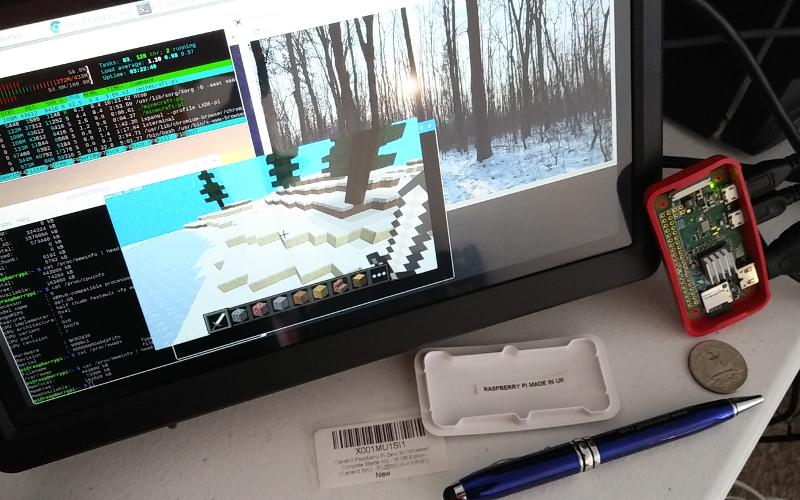I’ve always been a strong supporter of the mission of Raspberry Pi. As someone who is well known to obsess over quiet and efficient computing everything I heard about these little British computers sounded great. I wished them lots of luck.
Unfortunately, I couldn’t actually put these great products to use because I simply didn’t have an application that was quite right. For example, I had many applications for small, low wattage, remote, quiet file servers that should have been perfect for something like a Raspberry Pi but whenever I researched it, I always concluded that the hardware lacked the particular input/output capabilities I needed. Specifically, for example, they historically didn’t have gigabit ethernet or SATA connectors. For building my own small NAS boxes their CPU was more than sufficient and I loved the absolute control of the default Linux OS, but they were just barely not quite right.
I had recently been researching them again because I have moved on to new and interesting problems with different requirements. I was getting ready to buy a unit to evaluate when I had the chance to play with a Raspberry Pi 3 B+. It was a complete electronics experimenter kit, very nice. The entire kit’s purchase was apparently under $70 which I consider a fantastic bargain. I was extremely impressed with how smoothly it all worked.
My enthusiasm redoubled, I ordered a Raspberry Pi Zero W kit for $33. This machine is quite a wonder. The raw computer without accessories is only $22. This thing, in a case, is about the size of a modern car’s key fob. And yet it runs Linux just fine.
Here it is in action.

It’s not just running (a somewhat lite) Minecraft, but it’s also running "chromium-browser" (8th htop item as shown). (Do you like how I blended a Minecraft snow biome with the one in my own neighborhood? I do love snow biomes!)
This is no computational powerhouse, but for the required resources (Watts, $, CCs) they are fantastic. There is a ton of potential here and I already have some fun plans lined up.
I think the popularity of the whole Raspberry Pi phenomenon is somewhat misattributed. The ostensible goal of the entire project was "education", getting kids to be nerds and placating the STEM gods or whatever. Over time I’ve become less credulous that intrinsic nerdiness can be sprinkled like pixie dust on people who are bursting with apathy (or even disdain).
No — where these boards have found their symbionts is with hard core nerds whose indelible phenotype makes them unable to resist playing with these toys. And here we are.